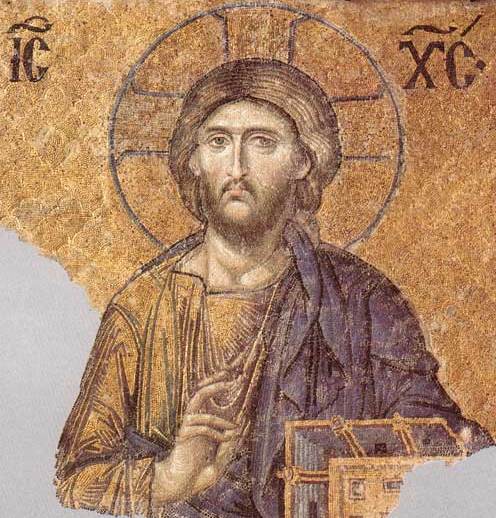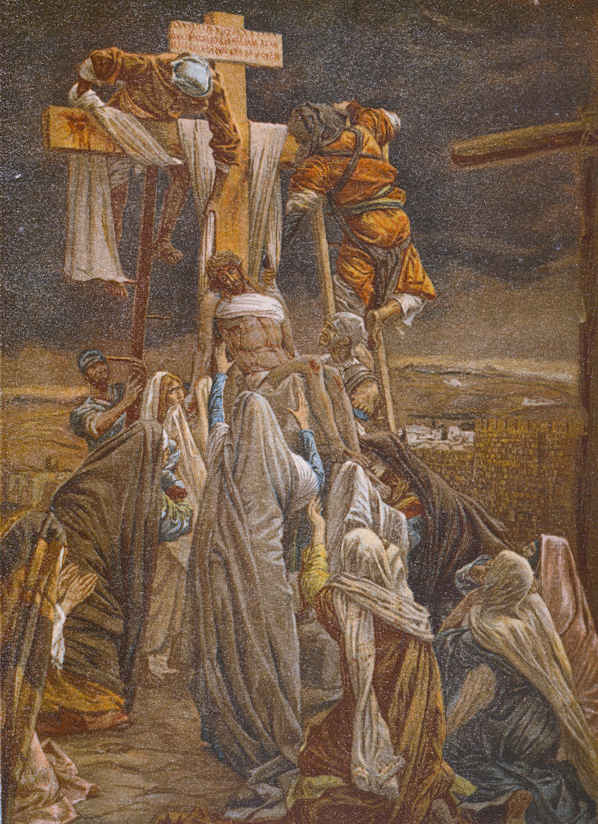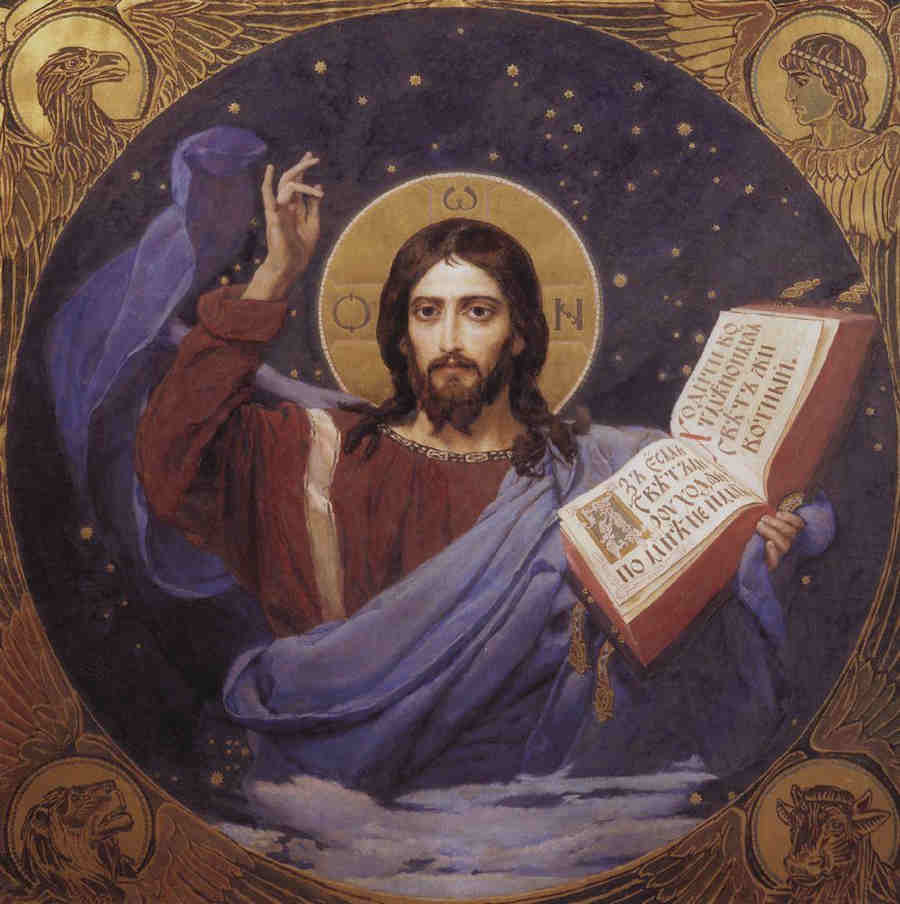"Moreover, to Moses gave we 'the Book,' and we raised up
apostles after him; and to Jesus, son of Mary, gave we clear proofs of his mission,
and strengthened him by the Holy Spirit. So oft then as an apostle cometh to you
with that which your souls desire not, swell ye with pride, and treat some as
imposters, and slay others?" (Sura 2:81).
"Say ye: ‘We believe in God, and that which hath been sent down to us, and that which hath been sent down to Abraham and Ismael and Isaac and Jacob and the tribes: and that which hath been given to Moses and to Jesus, and that which was given to the prophets from their Lord. No difference do we make between any of them: and to God are we resigned (Muslims).’" (Sura 2:130).
"Some of the apostles we have endowed more highly than
others: Those to whom God hath spoken, He hath raised to the loftiest grade, and to
Jesus the Son of Mary we gave manifest signs, and we strengthened him with the
Holy Spirit. And if God had pleased, they who came after them would not have
wrangled, after the clear signs had reached them. But into disputes they fell:
some of them believed, and some were infidels; yet if God had pleased, they
would not have thus wrangled: but God doth what he will." (Sura 2:254).
"And when Jesus perceived unbelief on their part, He
said, 'Who will be my helpers with God?' The apostles said, 'We will be God's
helpers! We believe in God, and bear thou witness that we are Muslims. O our Lord!
we believe in what thou has sent down, and we follow the apostle; write us up, then,
with those who bear witness to him'...Remember when God said, 'O Jesus!
verily I will cause thee to die, and will take thee up to myself and deliver thee
from those who believe not; and I will place those who follow thee above those
who believe not, until the day of resurrection. Then, to me is your return,
and wherein ye differ will I decide between you.'" (Sura 3:46-48).
"And in the footsteps of the prophets caused we Jesus,
the son of Mary, to follow, confirming the law which was before him: and we gave him
the Evangel with its guidance and light, confirmatory of the preceding Law; a
guidance and warning to those who fear God..." (Sura 5:50).
"When He shall say: O Jesus! Son of Mary! call to mind my favor upon
thee and upon thy mother, when I strengthened thee with the Holy Spirit,
that thou shouldest speak to men alike in the cradle, and when grown up;
— And when I taught thee the Scripture, and Wisdom, and the Law, and the
Evangel: and thou didst create of clay, as it were, the figure of a bird,
by my leave, and didst breathe into it, and by my leave it became a bird;
and thou didst heal the blind and the leper, by my leave; and when, by
my leave, thou didst bring forth the dead; and when I withheld the children
of Israel from thee, when thou hadst come to them with clear tokens: and
such of them as believed not said, 'This is nought but plain sorcery...Remember
when the Apostles said — 'O Jesus, Son of Mary! is thy Lord able to send
down a furnished Table to us out of Heaven!' He said — 'Fear God if ye
be believers.'" (Sura 5:109-112).
"Verily we have revealed to thee as we revealed to
Noah and the Prophets after him, and as we revealed to Abraham, and Ismael, and
Isaac, and Jacob, and the tribes, and Jesus, and Job, and Jonah, and Aaron, and
Solomon; and to David gave we Psalms." (Sura 4:161).
"This is our reasoning with which we furnished Abraham
against his people: We uplift to grades of wisdom whom we will; Verily thy Lord is
Wise, Knowing. And we gave him Isaac and Jacob, and guided both aright; and we had
before guided Noah; and among the descendants of Abraham, David and Solomon,
and Job and Joseph, and Moses and Aaron: Thus do we recompense the righteous: And
Zachariah, John, Jesus, and Elias; all were just persons..." (Sura 6:83-85).
"And remember that we have entered into covenant with
the Prophets, and with thee, and with Noah, and Abraham, and Moses, and Jesus,
Son of Mary: and we formed with them a strict covenant..." (Sura 33:7).




